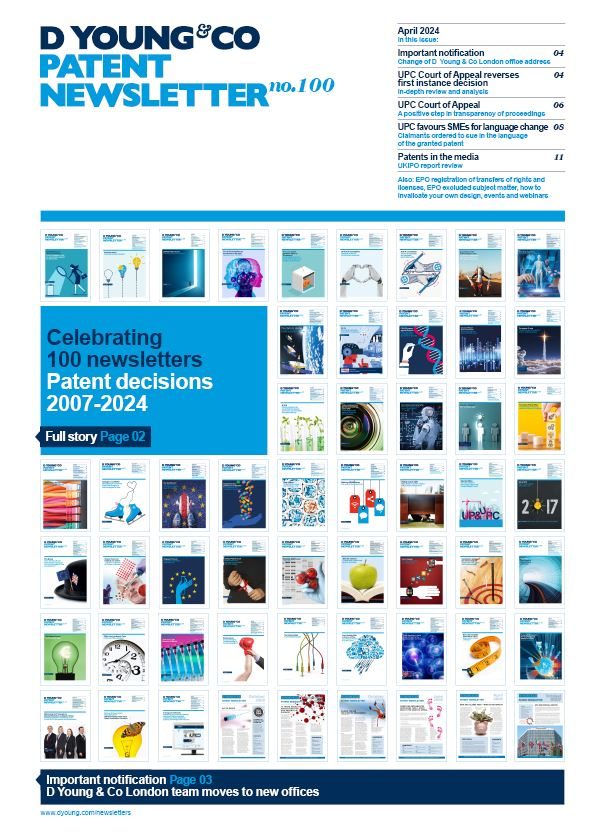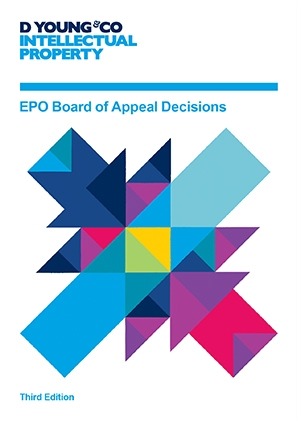TQ Delta v Zyxel Communications: confidentiality clubs
Pre-action or specific disclosure (discovery) of earlier patent licences is, in certain types of cases, becoming increasingly common in English patent litigation.
One area of contention is often the confidentiality regime which applies to those earlier licences being disclosed. In particular, there is often a question as to whether disclosure of the confidential information should be limited to ‘external eyes’ only (namely, legal representatives, experts and the court, but not the party).
The reasons for such a limitation will vary case by case. Usually, the disclosing party expresses concern that the other side will gain a commercial advantage in licence negotiations with it and others; conversely, the ‘receiving’ party explains that it cannot give meaningful instructions to its legal representatives without seeing the documents.
Mr Justice Carr has now given guidance on this issue in TQ Delta LLC v Zyxel Communications UK Ltd.
Here, TQ Delta brought a claim for infringement of two patents for DSL broadband technology. It reasoned that these were ‘essential’ in that the relevant ITU Recommendations could not be practiced without infringement of the patents. Zyxel defended the action and counterclaimed, challenging the validity of the patents, and seeking a declaration of non-essentiality. It also raised issues relating to RAND.
Zyxel sought disclosure from TQ Delta and it fell to the parties to agree a confidentiality agreement. TQ Delta sought to distinguish between confidential and highly confidential information, with the latter only to be disclosed on an external eyes only basis. Zyxel objected. It fell to the Court to determine the issue.
Mr Justice Carr, giving judgment, declined to order an external eyes only tier, reasoning as follows:
“... It is exceptional to limit access to documents in the case to external eyes only ... The problems with an external eyes only tier, which TQ Delta contended should extend to previous licences for the portfolio granted by TQ Delta and its predecessor in title, were summarised by [counsel for Zylex] in the following terms, with which I agree:
- Zyxel would potentially be precluded from hearing and understanding the arguments and evidence on RAND licence terms being advanced by TQ Delta.
- The Zyxel lawyers would have to construct arguments and put together evidence without any input from their clients.
- Zyxel would not be able to see, let alone approve, the arguments being advanced by their lawyers or the evidence being drafted by their experts.
- The proceedings would be bedevilled on Zyxel's side by the constant need for their lawyers to monitor what Zyxel could be told about the case and which documents being prepared for the case they could be shown.
- It would be impossible to take informed instructions as to whether to accept any Part 36 or other offers made by TQ Delta in the course of proceedings.
- It would be practically impossible for Zyxel to have an informed discussion with their lawyers about the appropriate terms of any Part 36 offer to be made by them.
- Zyxel would be substantially excluded from the trial, having to sit outside while the debate took place in the courtroom.”
Mr Justice Carr emphasised that the above did not preclude the parties from agreeing the contrary, from the parties redacting non-relevant information from documents, and to limiting the number of people within the receiving party who could see the information.
Case details at a glance
Jurisdiction: United Kingdom
Decision level: High Court (Chancery Division)
Parties: TQ Delta LLC and Zyxel Communications UK Limited, Zyxel Communications A/S
Citation: [2018] EWHC 1515 (Ch)
Date: 13 June 2018
Full decision: http://www.bailii.org

